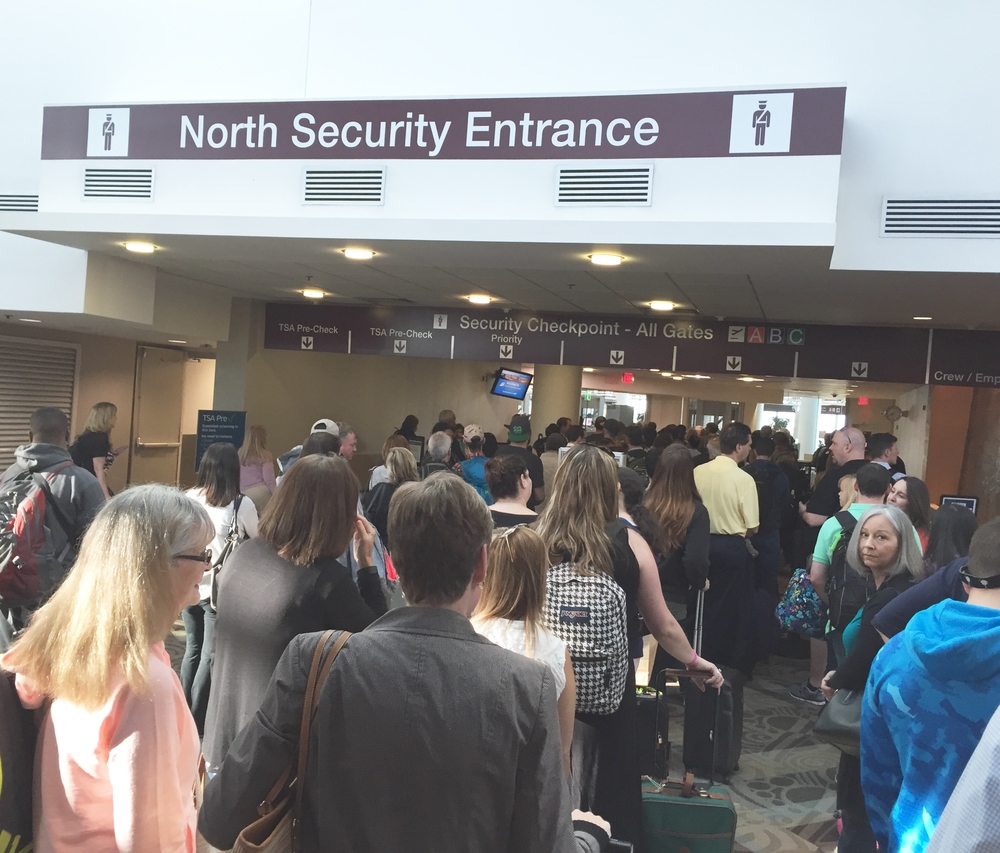
Since 2011, the Transportation Security Administration (TSA) has taken steps to enhance its foreign airport assessments and air carrier inspection including aligning program resources based on risk and resolving airport access issues, according to a recently published report from the U.S. Government Accountability Office (GAO).
For its report, GAO was tasked by Congress with examining steps TSA has taken to enhance foreign airport assessments and air carrier inspections since 2011 as well as steps the agency has taken to address any deficiencies identified during foreign airport assessments and air carrier inspections.
Currently, more than 300 foreign airports offer service to the United States. While TSA is authorized to conduct foreign airport assessments, it does not have the ability to impose security requirements at any foreign airport. However, the agency can impose certain security provisions on air carriers.
GAO’s preliminary assessment found that TSA recently implemented targeted foreign airport assessments in locations based on risk, including assessing European airports through the European Commission. It also developed a Global Risk Analysis and Decision Support System in order to streamline the assessment report writing process and strengthen data analysis capabilities.
While TSA cannot enforce security measures on foreign airports on its own, GAO found that it has worked in tandem with foreign airports to identify security deficiencies through a number of capacity development efforts, including on-the-spot counseling and consultations.
The report also found that the agency had taken steps to enhance its analytical processes to better understand foreign airport assessments and air carrier inspection programs. As an example, the report cited TSA conducting regional strategy meetings that examine trend data for airport assessment and air carrier inspection results.
GAO noted that while the agency had taken steps to strengthen its analytical processes, it lacked key information for decision making. Specifically, TSA’s database for tracking the resolution status of security deficiencies did not have comprehensive information on the deficiencies’ root causes and potential corrective actions.
TSA has yet to respond to the report’s conclusions.




